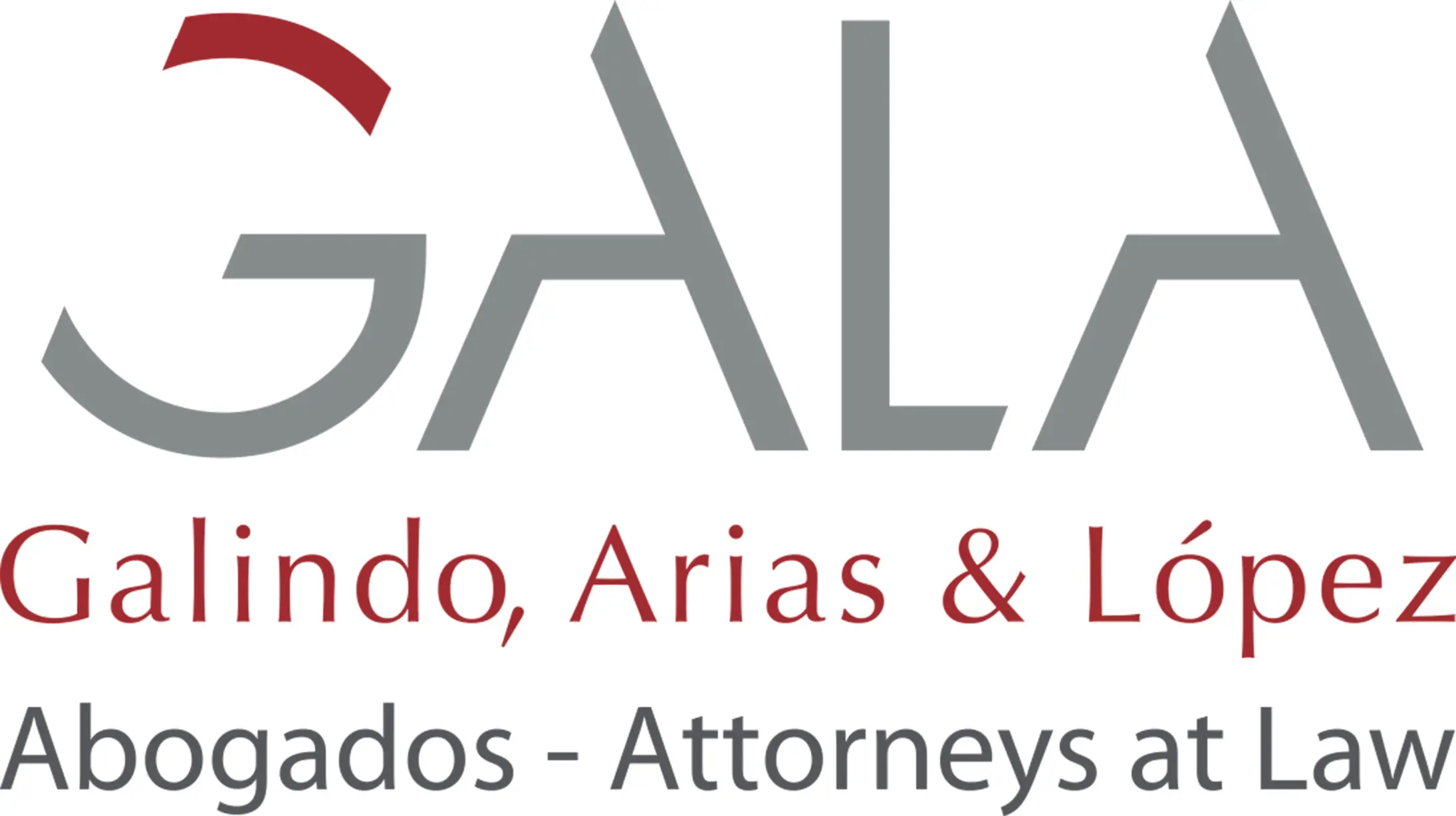The next M&A deal cycle in Panama is about to begin. As the moratorium on payment of interests expires in the coming months, some companies will struggle to recover from the lingering side-effects of Covid-19.
The silver lining in any crisis, of course, is that the financial troubles of some companies, present opportunities for others, including local and foreign investors that are looking for acquisitions. Despite the evident upside, acquiring distressed companies is a task to be undertaken with care.
Here are a few basic tips that may help interested investors:
1.Don’t just “check the box” with due diligence. Don’t settle for the typical (dreaded) 100 page-plus summary of all of the targets’ agreements and corporate documents.
When evaluating a distressed company, it is likely that the buyer will have little effective recourse against the sellers, as they are already strapped for cash and unwilling or unable to face indemnity claims (bankruptcy is always an option).
This shifts risk mitigation from negotiating adequate representations and warranties and robust indemnity provisions, to doing appropriate financial and legal due diligence, such that the price is correctly determined at the outset.
In this situation, the key is to find experienced financial advisers and a lawyer or law firm that has comprehensive business knowledge and that will know where to look.
What are the key components of this business? Where do hidden or potential liabilities lay in companies in this industry or sector? Where is the blind spot? What are we not considering in our analysis?
The true value of your legal advisor in a distressed acquisition context lies in assisting you to understand the target’s business, such as to price it correctly and to do it as quickly and efficiently as possible. The legal due diligence process should always be considered part of the valuation process and not a separate, “check the box”, legal task.
2. Time is of the essence. When dealing with a distressed target, time is your biggest enemy for several reasons.
First, it is often the case that the target’s business is deteriorating and will continue on that path until capital is injected or there is a significant change in the business. This creates a direct correlation between your advisors’ efficiency and the value of the target.
Second, depending on target’s financial structure and creditors, involuntary liquidation proceedings may be filed at any time. Both are important reasons to have an experienced team of advisors.
In many situations, a simultaneous sign and close structure works best, because it shortens the deal time and avoids the risk of the target being forced into liquidation proceedings after signing, but prior to closing. For that reason (among others) a deposit or earnest money is often not advisable, unless it is held in escrow under a correctly structured agreement.
3. Buy assets, not shares. In most cases, buyers will prefer to acquire assets rather than an equity interest in a distressed company because this structure mitigates the risk of assuming unwanted liabilities.
We have found that this rule of thumb generally holds up, however, there are exceptions, as tax considerations and the relative complexities of doing an asset deal may sway the structure one way or the other. In addition, when doing an asset deal, buyer must mitigate against the risk of claims from target’s creditors (see below).
4. Mitigate the Risk of a Fraudulent Transfer Challenge. If assets from a distressed target are purchased out of court (i.e., prior to judicial liquidation or reorganization proceedings), creditors that deem the transaction contrary to their interests could seek to un-do the deal, alleging a fraudulent transfer.
Accordingly, buyers seeking to acquire a significant portion of the distressed company’s assets should structure their deal as an Article 777 (of the Panamanian Commercial Code) commercial establishment acquisition.
This provision requires the company to make certain publications, but in return provides relative protection against claims from creditors. In severely distressed companies, the effect of such a publication must be carefully weighed and relationships with key creditors should be managed closely, as the publication may result in an onslaught of creditor claims.
5. If possible, avoid the courts. With the enactment of Law 12 of 2016, many in the business community have been optimistic about the idea of having a “Chapter 11-like” reorganization proceedings in Panama.
However, Law 12 remains largely unproven and is rich with legal vacuums that create uncertainty, where potential buyers are already taking on significant risk.
Although there are certain advantages to in-court acquisitions, such as a relative cleansing of target’s liabilities, the lack of precedent and judicial inefficiency threaten any target’s value and business viability and do not provide for a clear road map for a interested investors to acquire a company’s assets, other than through a liquidation of the assets.
As more companies enter reorganization proceeding under Law 12, the ability to acquire companies immersed in such proceedings will be put to the test and, hopefully, more clarity will ensue. At present, however, it is best to avoid the courts, where possible.
Contact Information: Jose Luis Sosa jsosa@gala.com.pa



